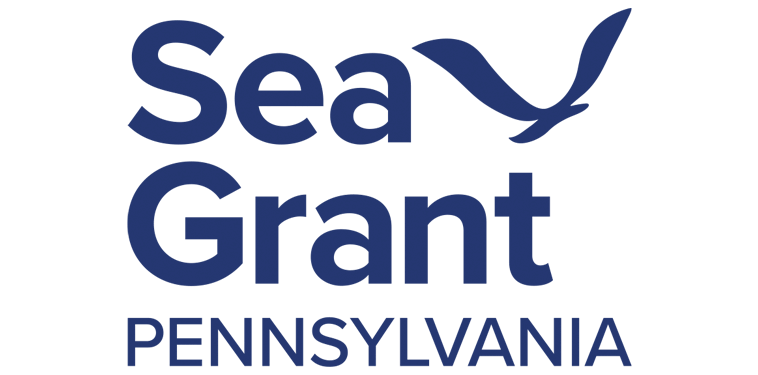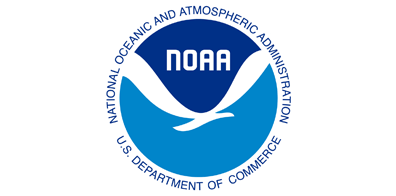PA LEEF – Invasive Species
Invasive Species in Lake Erie
January 2022
This January 2022 forum featured invasive species which are causing havoc in the Lake Erie watershed, particularly the threat of the invasive carp. speakers from the USGS, the State of Illinois Office of Water Resources, and the Pennsylvania Governor’s Invasive Species Council came together to talk about invasive carp biology, the $858 million Brandon Road Inter-basin Project, and how PA responds to the threat of invasive species. The Great Lakes Commission also provided insight on water use statistics from PA and around the Great Lakes. January 2022.
Agenda
- Welcome to the Forum
Tim Bruno, Chief, Office of the Great Lakes, PA DEP Amber Stilwell, Coastal Outreach Specialist, PA Sea Grant - Great Lakes Updates
Tim Bruno Chief, Offices of the Great Lakes, PA DEP - Invasive Carp and Lake Erie
Status and Risks Duane Chapman Scientist Emeritus, United State Geologic Survey - Brandon Road Project Update: Research, Design, and Challenges
Loren Wobig Office of Water Resources, State of Illinois - Pennsylvania Invasive Species Council – Current Priorities and Initiatives
Kris Abell Coordinator, PA Governor’s Invasive Species Council, PA Department of Agriculture - Water Use Statistics and Trends in the Great Lakes and Pennsylvania
Tom Crane Deputy Director, Great Lakes Commission



